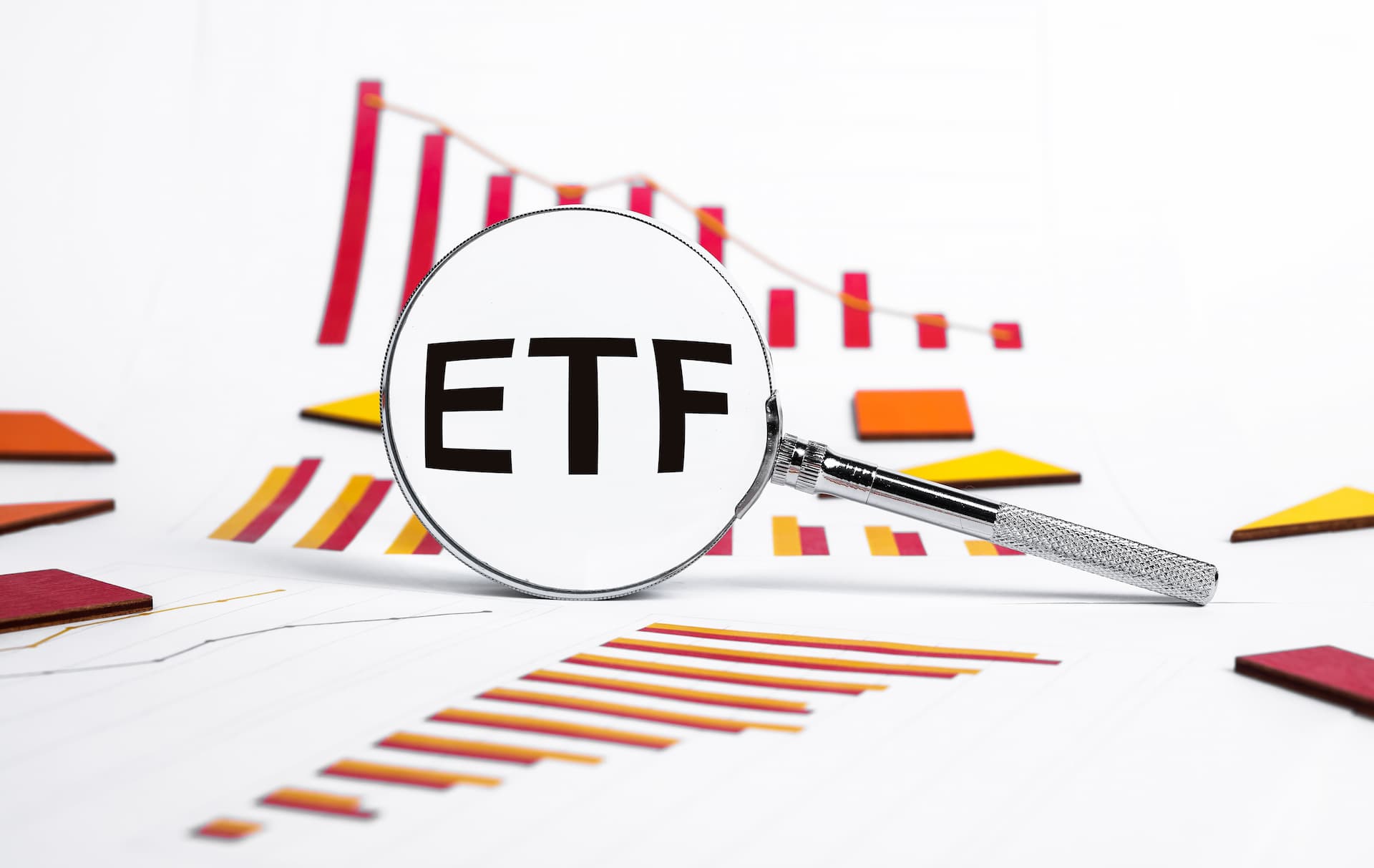ETF Trading Strategies - 24markets.com
Implementing effective ETF trading strategies can enhance your investment approach and manage risk effectively. By understanding and applying these strategies, you can make informed decisions and optimize your trading performance.

ETF Trading Strategies
Exchange-Traded Funds (ETFs) offer a flexible and diversified approach to investing, combining the benefits of stocks and mutual funds. Effective ETF trading strategies can help maximize returns and manage risk. Here’s an in-depth guide to some popular ETF trading strategies:
1. Trend Following
Trend following is a strategy based on identifying and capitalizing on the prevailing market direction.
-
Identify Trends:
- Use technical indicators such as moving averages (e.g., 50-day and 200-day moving averages) to determine the direction of the trend.
- Example: Buy an ETF when its price crosses above the 50-day moving average and sell when it crosses below.
-
Momentum Indicators:
- Utilize momentum indicators like the Relative Strength Index (RSI) or Moving Average Convergence Divergence (MACD) to confirm trends and potential reversals.
- Example: Look for ETFs with high RSI readings to identify overbought conditions, signaling a potential trend reversal.
-
Explore Tools:
- Use platforms like Metatrader 5 for advanced charting and trend analysis.
2. Mean Reversion
Mean reversion involves trading ETFs based on the assumption that prices will revert to their historical average.
-
Identify Overbought/Oversold Conditions:
- Use technical indicators such as Bollinger Bands or the RSI to identify when an ETF is overbought or oversold.
- Example: Sell an ETF when its price is significantly above its historical average and buy when it’s below.
-
Apply Statistical Analysis:
- Analyze historical price data to determine the average price range and standard deviation of an ETF.
- Example: Use historical data to set entry and exit points based on standard deviation levels.
-
Explore Resources:
- For statistical tools and data, check out Trading Tools.
3. Arbitrage
Arbitrage involves taking advantage of price discrepancies between an ETF and its underlying assets or related markets.
-
ETF vs. Underlying Assets:
- Monitor the price difference between the ETF and its underlying assets to identify arbitrage opportunities.
- Example: Buy the ETF and simultaneously sell short the underlying assets if the ETF is trading at a premium.
-
Index Arbitrage:
- Trade based on the price difference between an ETF and its underlying index.
- Example: Use index futures to hedge or exploit price discrepancies between the ETF and the futures contract.
-
Explore Platforms:
- Utilize Webtrader for real-time price monitoring and arbitrage opportunities.
4. Sector Rotation
Sector rotation involves shifting investments among various sectors based on economic cycles or market conditions.
-
Analyze Economic Indicators:
- Track economic indicators such as GDP growth, inflation rates, and employment data to identify which sectors are likely to perform well.
- Example: Rotate investments into cyclical ETFs during periods of economic expansion and defensive ETFs during downturns.
-
Evaluate Sector Performance:
- Use sector-specific ETFs to gain exposure to different segments of the market.
- Example: Invest in technology ETFs during periods of high innovation and growth, and switch to utilities ETFs during economic slowdowns.
-
Explore ETFs:
- Check out various sector-specific ETFs on Commodities and Indices pages.
5. Dividend Investing
Dividend investing focuses on ETFs that provide regular income through dividends.
-
Select High-Yield ETFs:
- Look for ETFs that offer attractive dividend yields and stable dividend payouts.
- Example: Invest in ETFs that track high dividend-paying stocks or sectors with strong dividend histories.
-
Reinvest Dividends:
- Consider reinvesting dividends to compound returns over time.
- Example: Use a dividend reinvestment plan (DRIP) to automatically reinvest dividends into additional ETF shares.
-
Explore ETFs:
6. Hedging with ETFs
Hedging involves using ETFs to manage risk and protect against potential losses in other investments.
-
Use Inverse ETFs:
- Invest in inverse ETFs to profit from or hedge against declines in the underlying index or sector.
- Example: Buy an inverse ETF if you anticipate a market downturn and want to protect your portfolio.
-
Utilize Sector ETFs:
- Hedge exposure to specific sectors by investing in ETFs that track different sectors.
- Example: Reduce exposure to a sector experiencing downturns by investing in ETFs from more stable sectors.
-
Explore Hedging Tools:
- Use CFD Trading for additional hedging strategies and techniques.
Conclusion
Implementing effective ETF trading strategies can enhance your investment approach and manage risk effectively. By understanding and applying these strategies, you can make informed decisions and optimize your trading performance. For more tools and resources, explore Trading Tools and stay updated with market trends through Market Hours.
TAGS
Latest Education Articles
Show more
Earnings Reports and Equity CFDs

Trend vs. Range Strategies

Trading Breakouts vs. Pullbacks

Hedging Basics for Intermediate Traders
Take your trading to the next level.
Join the broker built for global success in just 3 easy steps. A seamless experience built for traders who value speed and simplicity.

Create Your Account

Make Your First deposit
